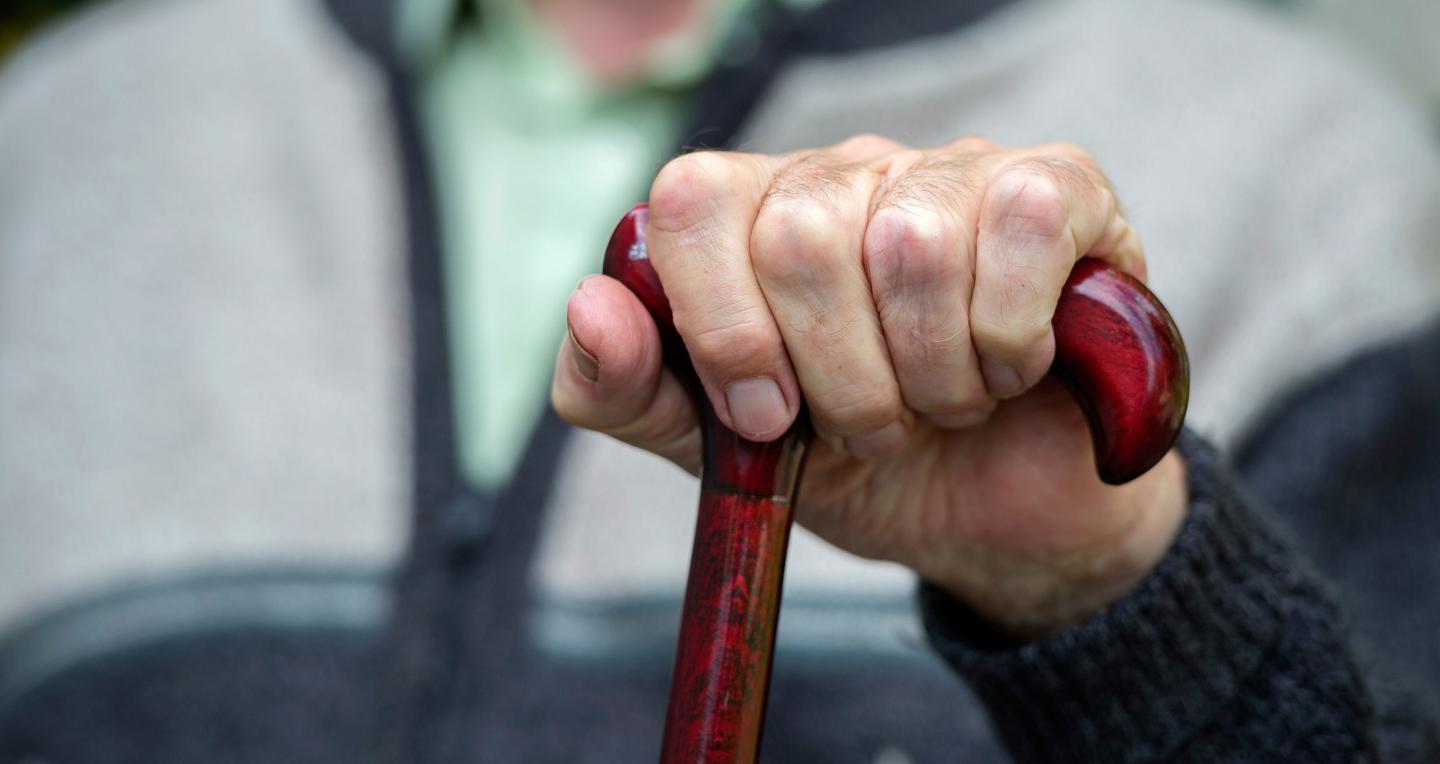Looking for Guardianship assistance? View our Guardianship Resources

As America’s population ages, families, and patient surrogates are increasingly finding themselves making difficult end-of-life decisions for those who can no longer make those decisions for themselves. Next of kin and court-appointed guardians must make these choices ethically based on what is right for their client or family member.
The stories of Rose and Marie illustrate how these decisions can play out in real life. In his 2011 piece “The Anatomy of a Decision” in the Journal of Palliative Medicine, Frederick Nenner told the stories of these two elderly women. Both women were faced with emergency medical situations that required surgery. Surgery would increase their chances for survival — but also the possibility of complications that could negatively affect their future quality of life. Neither woman could understand her prognosis nor the risks of surgery.
A guardian should work to understand early on what a person would desire for their future end-of-life care.
Although both Rose’s family and Marie’s legal guardian faced similar decisions, the outcomes in each case were vastly different. Rose’s family felt that any benefits from the surgery were greatly outweighed by the attendant risks. They decided to do what they believed Rose would have wanted — to forego surgery. Doctors carefully controlled Rose’s pain, and she died peacefully within two weeks. Marie’s legal guardian, in contrast, went forward with the surgery despite the risks. Marie survived the surgery, and any future care decisions would be made as necessary.
Guardians in New York are legally bound to follow the protocols in the state’s Family Health Care Decisions Act (FHCDA) (New York State Public Health Law, Article 29-CC) when making end-of-life decisions. The FHCDA allows a surrogate, who can be a family member, friend, or court-appointed guardian, to make such decisions for a person who lacks the capacity to do so. A guardian may make a decision to withhold life-sustaining treatment for a patient who is terminally ill or permanently unconscious, or who has an irreversible medical condition if, among other things, that treatment could be considered an extraordinary burden.
The FHCDA provides a roadmap to help guardians navigate this difficult process, but good guardianship goes beyond a mechanical application of the law. Guardians should proactively approach their duties, meeting the challenges of making decisions about care before they ever come to pass.
How can they do this?
From the time they are appointed, guardians should make an effort to know their clients well. With clients who can still communicate their wishes, a guardian should work to understand early on what a person would desire for their future end-of-life care. The guardian must ask the hard questions: Would they want a feeding tube? Would they want to be resuscitated? Would they want a DNR order to be in place? What are their religious or moral beliefs? For a client who is no longer able to communicate, the guardian should discuss these issues with relatives or friends, if possible, to ascertain what the client — someone like Rose — would have wanted.
Such discussions about the deeply sensitive issues of mortality and end-of-life care are never easy, but they are essential. Guardians who know these things are much better prepared to make the same decisions for their clients that their clients would have made for themselves.
Guardians should also pose the right questions to medical professionals in order to fully understand and carefully consider all possible courses of treatment. They must ask: What are the chances their clients will survive? Will they be able to regain former levels of functioning, or might they relapse? If they are put on a respirator, can they be weaned from it?
In all cases, the guardian should make a decision based on the client’s best interests, by weighing the risk and pain potential from any intervention against the likelihood for recovery and relief from pain. More care is not necessarily better care. Sometimes, putting the client’s interests first means making the difficult decision to withhold treatment and instead pursue hospice and palliative care.
Only by preparing for such an arduous decision-making process early on can a guardian ensure that all of the client’s wishes are fully respected — so that they may die with dignity and their experience of pain and suffering be minimized.
